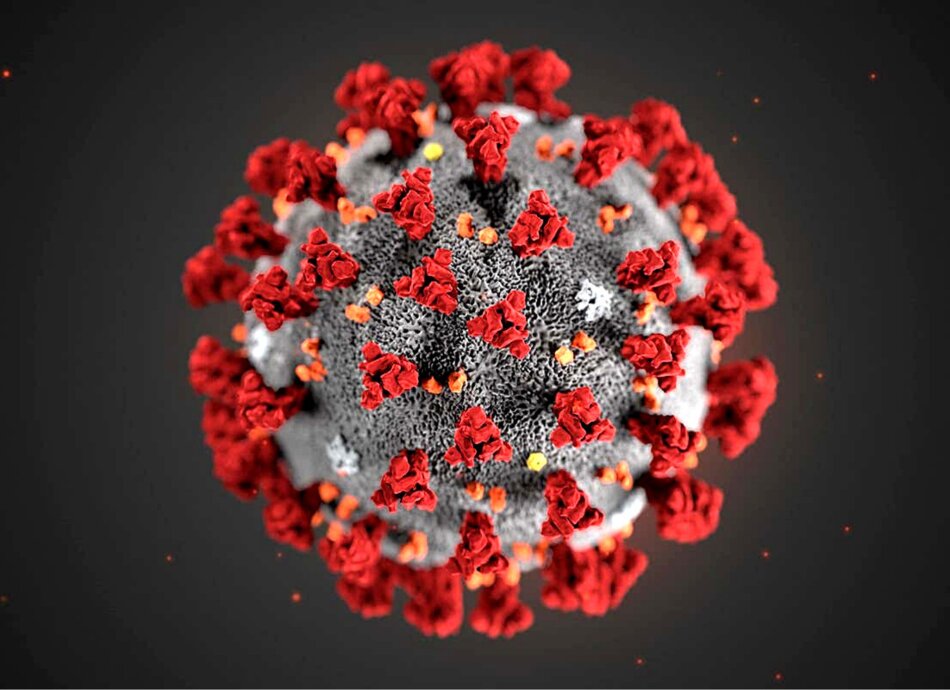- Be aware of your symptoms: Do not assume tiredness (fatigue), shortness of breath, and feeling sick (nausea) are related to your health condition. These could be symptoms of COVID.
- Get your booster: If you have a weakened immune system, and you are aged 18 years and older, it is recommended you receive a booster to help protect you.
- If you get COVID, contact your doctor immediately. It is important to be assessed as soon as possible, as there are medicines that can reduce the amount of virus in your body and help you get better faster. These medicines are only useful when given within 5 days of the start of your COVID-19 illness, so its important to contact your doctor as soon as possible.
Love our website? We do too. Did you know we're a charity? Donate now to help us keep it free for everyone in Aotearoa New Zealand.
COVID-19 and people with weakened immune systems
Key points about COVID-19 and people with weakened immune systems
- People who are immunocompromised (with weakened immune systems) are at higher risk of more serious COVID infection, which may require hospitalisation.
- This includes people with cancer, older adults, and people with other serious chronic medical conditions, eg, lung disease, diabetes or heart disease.
- People with active or progressing cancer may be at higher risk than those whose cancer is in remission.
- If you are taking medicines for type 2 diabetes, ask your healthcare provider for advice.
- Other risk factors are being overweight, obese (having a body mass index [BMI] of 25 or higher) or smoking (now or in the past).

People with weakened immune systems may not be fully protected against COVID with just two primary doses of the COVID vaccine (Pfizer) and will need a booster dose. Some people with weakened immune systems may be advised to get an additional third primary dose of the vaccine before getting their booster dose.
- Third primary dose: It is recommended for immunocompromised people to receive a third primary dose 8 weeks after completing the second COVID vaccine.
- Booster dose: You should then have your booster dose 3 months after your third primary dose.
Learn more about the third primary dose and the booster dose.
It is really important to follow advice to prevent COVID-19. Like the flu, COVID can be passed on from person to person. When an infected person coughs, sneezes or talks, they may create droplets containing the virus. Public health measures such as wearing a mask, social distancing and basic hygiene can significantly limit the spread of COVID-19.
If someone in your household is COVID positive, you are at increased risk of getting COVID. It is really important to take extra precautions.
- Avoid contact with others in your household as much as possible – keep a distance of 2 metres at all times.
- Wear a mask that covers your nose and mouth.
- Be aware of your symptoms. Do not assume tiredness (fatigue), shortness of breath, and feeling sick (nausea) are related to your health condition. These could be symptoms of COVID.
Contact your healthcare provider
If you have had a positive test result, let your healthcare provider know. They have been given guidance on what should happen for you depending on your condition and the types of symptoms you are experiencing.
Monitor your symptoms
Most people who are vaccinated will have mild COVID symptoms for up to 2 weeks. Symptoms tend to appear around 2–5 days after you are infected but can take up to 14 days to show. Read more about COVID-19 care at home.
- It is helpful to keep a symptom diary so you can record how you are doing with COVID-19 symptoms.
- You may be given a pulse oximeter to check your oxygen levels and heart rate. These readings can be recorded in your diary as well.
- Read about how to manage COVID-19 symptoms and breathing positions that can help if you are finding it hard to breathe.
| If at any point you are worried about symptoms, don't hesitate to call your healthcare provider for advice. If it is an emergency call 111. |
It's important to keep in contact with your healthcare team so they can decide on the best way for you to access health services. This may involve talking to your care team virtually (online or over the phone) and not physically going to the clinic. Read more about telehealth services.
If you're receiving chemotherapy, clinics and infusion centres may have made changes to allow you to come in safely for in-person visits as well as treatment. These might include screening for COVID symptoms ahead of your visit, proper spacing of waiting room and infusion chairs, spacing out appointments to limit the number of people in the waiting room at one time, requiring people to wear a mask and cleaning all surfaces frequently. It’s important to know who to call to reach your cancer care team so you can find out how to proceed.
Apps
Self-management and healthy living apps
Resources
COVID-19 positive – how to use a pulse oximeter [PDF, 276 KB] Healthify He Puna Waiora, NZ, 2021
COVID-19 positive – stop the spread [PDF, 193 KB] Healthify He Puna Waiora, NZ, 2021
COVID-19 positive – symptoms and when to get help [PDF, 151 KB] Healthify He Puna Waiora, NZ, 2021
Credits: Healthify editorial team. Healthify is brought to you by Health Navigator Charitable Trust.
Page last updated:





